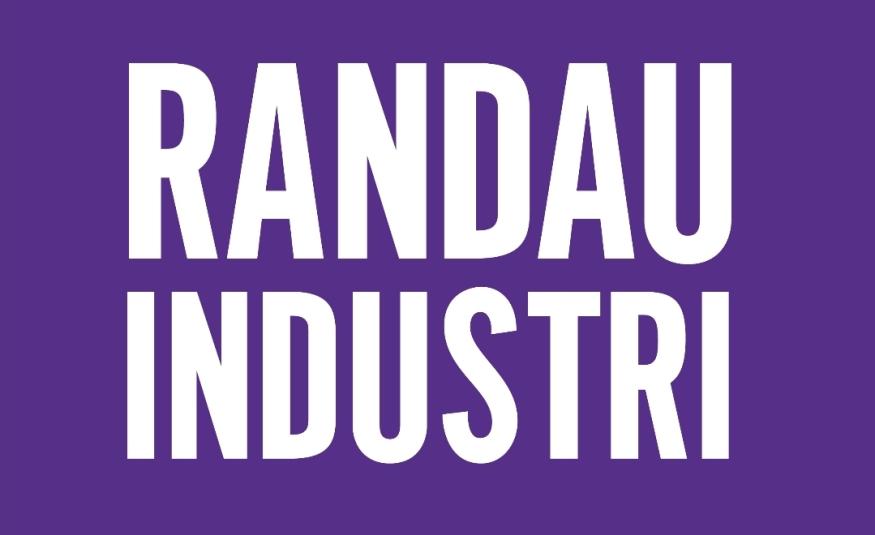By Myles Bertrand, Managing Director, APAC, Mambu

The COVID-19 crisis is having an enormous impact worldwide and it is impossible to know what the world will look like when things settle into the ‘new normal’. What we do know, however, is that the post-COVID world will very likely be far more digitised than it currently is, especially when it comes to financial systems. The use of cash was falling even prior to the COVID crisis, and this trend has been accelerating rapidly in recent months due to a fear of infection from bank notes. With ‘contactless’ payment methods now being actively encouraged, never before has it been more crucial for financial institutions to be able to offer digital services that customers can access without leaving their homes.
Digital banking in Malaysia
Digital banking is about to hit the mainstream in Malaysia, regardless of the impact of COVID-19, and it is vital that Malaysian banks and financial institutions have a clear roadmap of how and when their digital transformation will commence, and what it will look like. In some cases, this will mean launching smaller, more agile ‘digital arms’ of existing banks – a strategy we at Mambu like to call ‘launching speedboats from cruise ships’ – and for other organisations it may entail a more gradual evolution into a digital entity. Yet another strategy we’ve seen have great success in the UK and Europe is to collaborate with other businesses to launch a brand new standalone digital bank. The opportunity for collaboration is incredibly exciting, especially between businesses that may have traditionally viewed themselves as competitors, such as traditional banks and fintechs.
Advantages of digital over traditional banking
Even before the COVID-19 crisis it was clear that digital banking was the way of the future. In the current climate it is more apparent than ever that banks and financial institutions that proactively plan how they are going to ride the digital wave are the ones that will thrive in this new era. Businesses that fail to evolve will ultimately cease to exist, with McKinsey & Co. estimating that legacy financial institutions that fail to evolve will see profits decline by up to 60% by 2025.
Digital banks have many advantages over traditional banks, including the following benefits:
Digital banks allow integration of multiple products
Whereas traditional banks often have individual functions managed separately (for example, physical branches, internet banking and mobile apps), digital banks are able to have a single view of customer data, and are in a position to automate core processes and eliminate errors and duplication.
Ability to provide best-in-class customer experience
Digital banks are lean and agile, able to pivot in response to changing market conditions, and can grow and scale rapidly. They are also perfectly positioned to be responsive to customer needs, changing, adding or updating individual products and services in direct response to customer behaviour. Digital banks built on a cloud platform are also able to roll out new products and update existing ones without any impact to the customer experience, unlike traditional banks where upgrades and maintenance can cause disruptive service outages and interruptions.
Improve data security for customers
Cloud-based digital banking platforms, such as Mambu’s composable banking platform, have built-in functionality for constant security upgrades and improvements to be made, offering greater peace of mind to customers, and a distinct advantage over traditional banks working on cumbersome and outdated legacy systems.
Planning for a digital evolution
Whatever the strategy chosen, the most important thing is that there is a plan for action. From our experience around the world we know that it will be the Malaysian organisations that proactively embrace change and are open to trying new ideas that will thrive in this new digital era. - DagangNews.com
Myles Bertrand is the Managing Director, APAC, for Mambu, the only pure SaaS digital banking platform.










